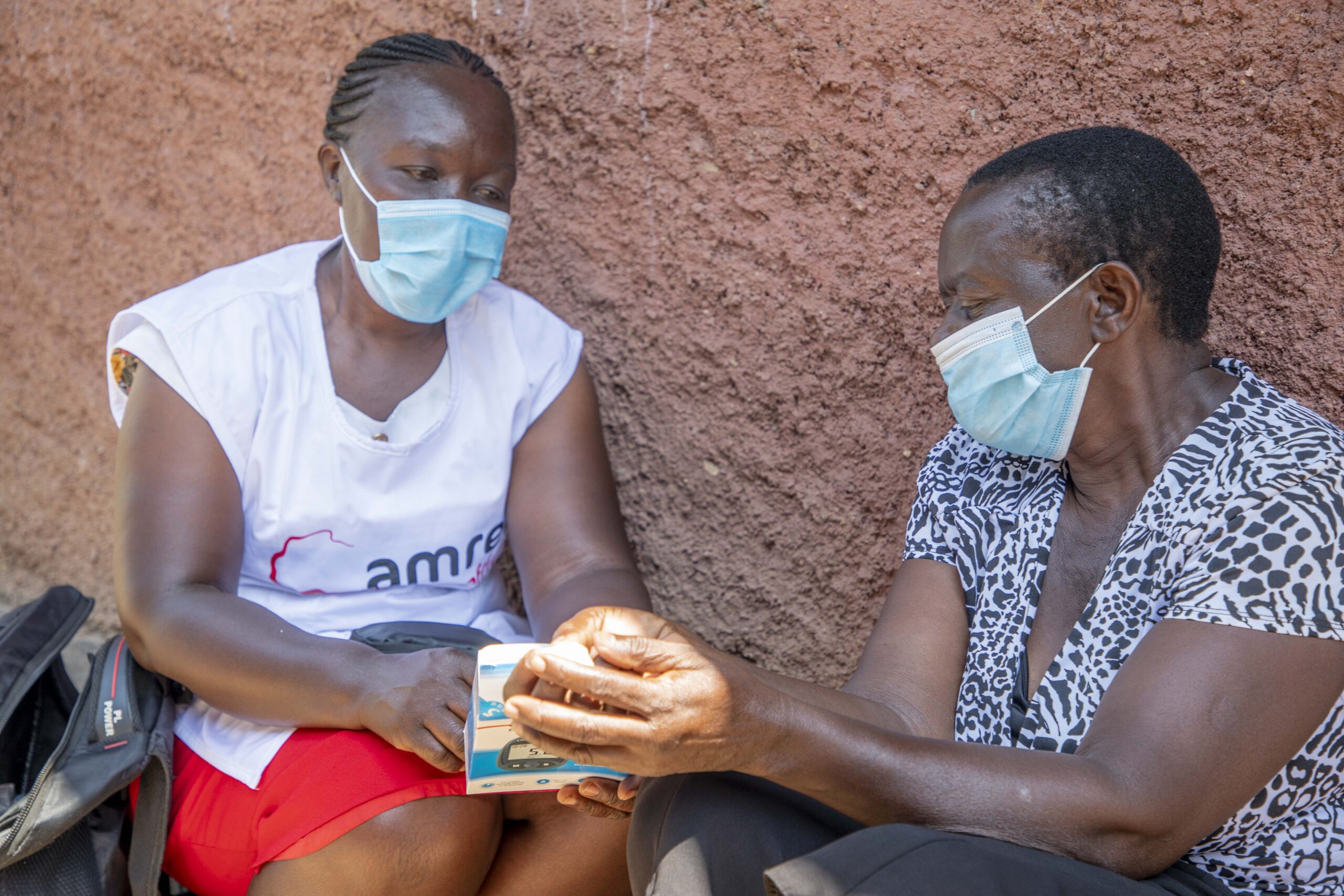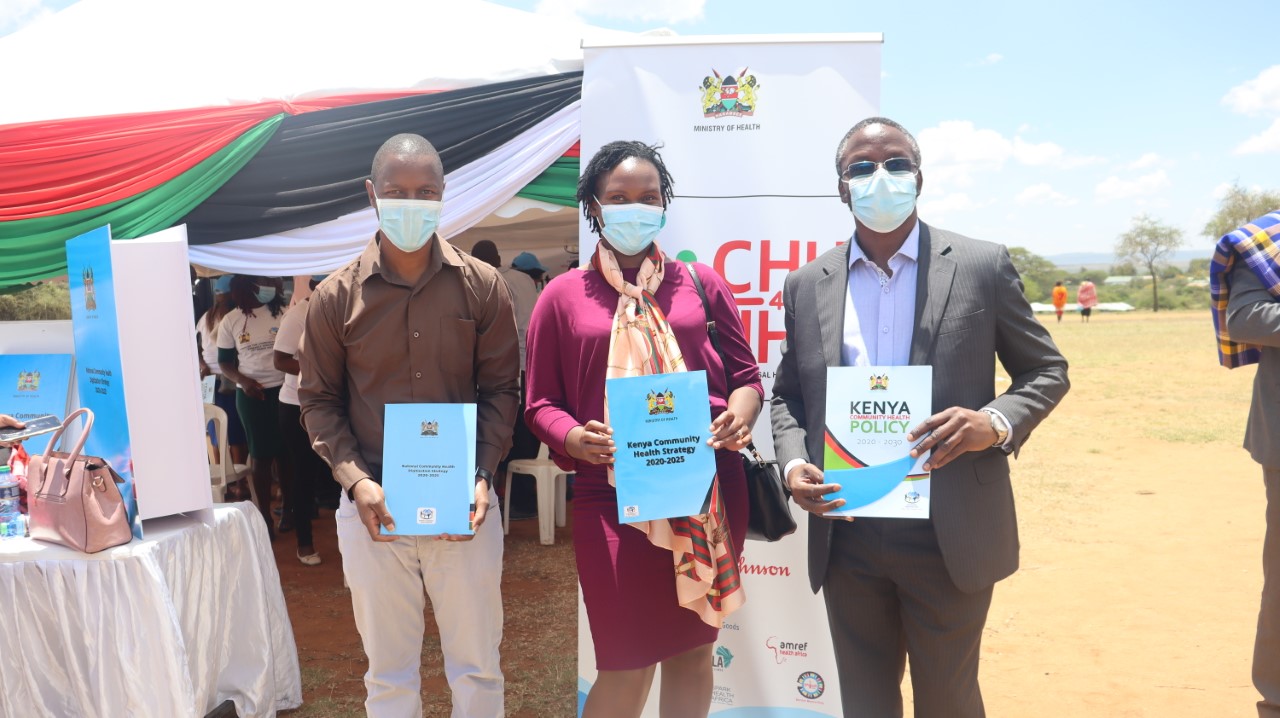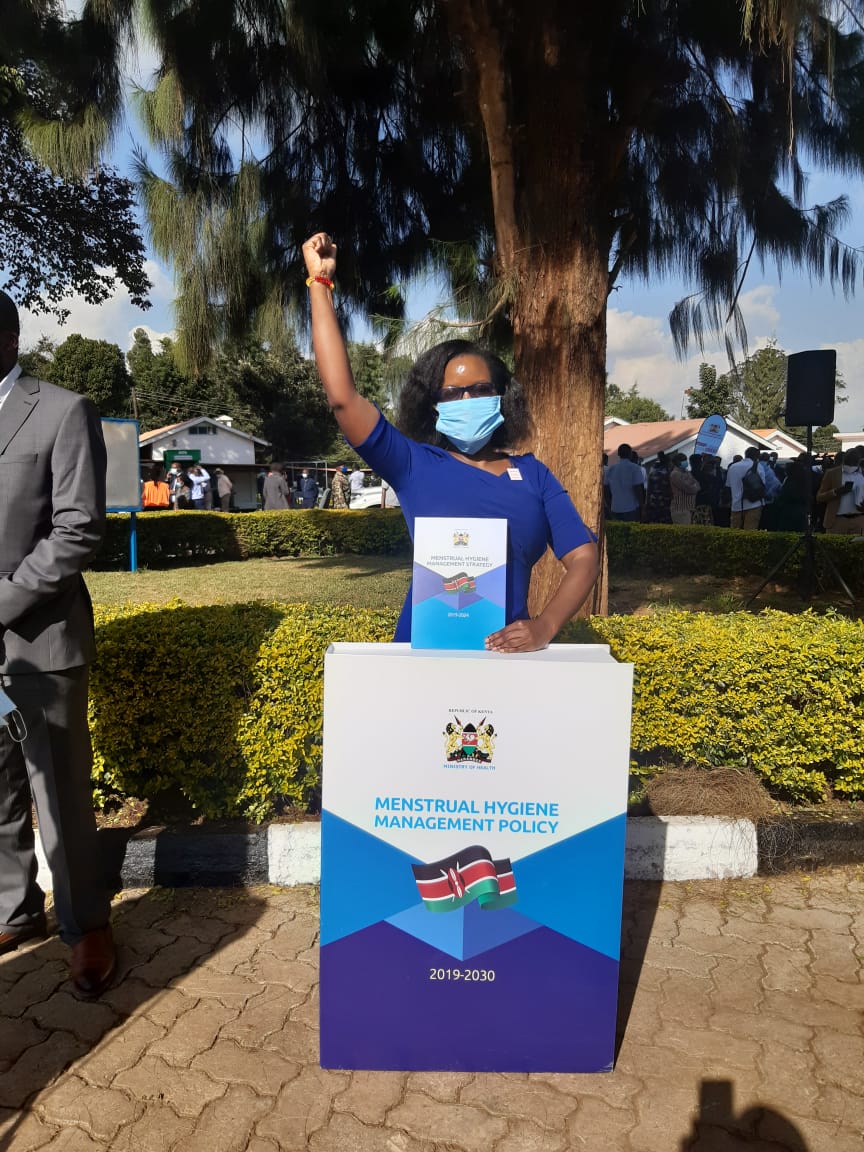Girl Rescued from FGM
Thursday, 26 November, 2020

Sarafina is a teenager and goes to a boarding school in Wamba, Kenya. She is like many teen girls around the world: she enjoys school, loves to study Social Studies and English, and has dreams to be a doctor.
However, unlike most other teenagers, Sarafina and the other girls in her community face the very real issues of female genital mutilation/cutting (FGM/C) and Child, Early and Forced Marriages (CEFM). Wamba is home to the pastoralist Samburu tribe which has a higher prevalence rate of CEFM at 38%, compared to the national average of 23% in Kenya. CEFM and FGM/C are linked in Samburu culture; when a girl is ready to be married off, she undergoes FGM/C before the wedding.
Fortunately for Sarafina, Koota Injena – our program that aims to eliminate FGM/C and CEFM by engaging clan elders and other influential community leaders to use dialogue and discussions between different generations to convince their communities to abandon CEFM, FGM/C, and to promote the value of girls in society – has a strong presence in Wamba.
In addition to training “champions” to spread messages calling for the abandonment of CEFM and FGM/C, Amref Health Africa also educates the youth of the community about these issues at school and encourages families to keep their girls in school. When girls stay in school, they decrease their risk of CEFM and FGM/C and improve their economic and health outcomes.
Sarafina tells us: “I didn’t want to undergo FGM. I told my parents that I won’t undergo FGM because I heard that it’s bad for girls. I heard from Amref that it was not good.”
“I also have friends who are not cut, so I don’t face any pressure to undergo it,” she continues.
Despite this, Sarafina’s family began the process of marrying her off, despite her young age of 14 at the time.
Sarafina ran away: “When I heard I was about to be cut, I ran to my uncle. My mother came and took me back home, but the area assistance chief brought me back to school.” An area assistance chief is a government-appointed local administrator who oversees community issues. They are seen as a bridge between clan elders and the local government.
Under the protection of our Koota Injena staff in Wamba, Sarafina lives safely and happily at school. Josephine, Sarafina’s teacher at school tells us that Sarafina isn’t the only girl who was brought to the school to escape marriage: “There is an impression that our school accepts uncut girls. But the good thing is we have support from the chief’s office and the local administrators who help us protect and support these girls.”
While FGM/C and CEFM are still prevalent in this community, there has been a noticeable difference in recent years. Josephine tells us: “There are not many girls who are cut at school. They understand the effects of being cut so most of them refuse. Traditionally, almost all of them would be cut. But now, at least they are learning and refusing even if means getting into conflict with their parents.”




